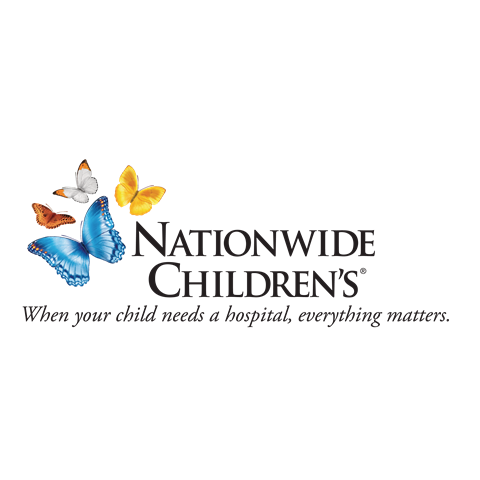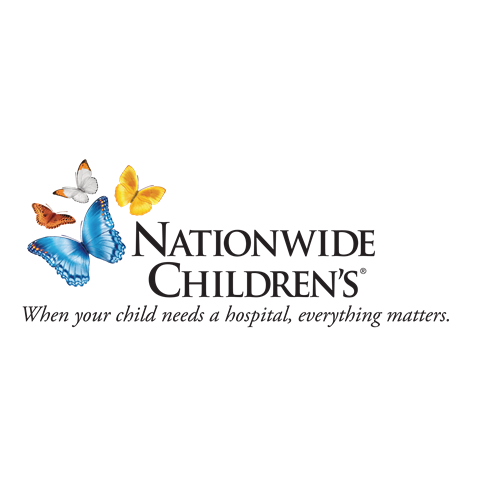Available Technologies
# of Displayed Technologies: 4 / 4
Applied Category Filter (Click To Remove): Gene Therapies & AAV Production
Categories
 AAV Vectors Containing U7small Nuclear RNA (U7snRNA That Interferes With The CTGexp or Silences DMPK)
AAV Vectors Containing U7small Nuclear RNA (U7snRNA That Interferes With The CTGexp or Silences DMPK)
TS-001229 — Mutations in the Myotonic Dystrophy Protein Kinase gene (DMPK) cause an autosomal dominant inherited disease referred to as Myotonic Dystrophy. Myotonic Dystrophy affects more than 1 in 8,000 people worldwide. Myotonic dystrophy results in progressive muscle weakness, stiffness and wasting. Currently, here are no treatments for this disease. A team of researchers at Nationwide Children’s Hospital have designed short hairpin constructs of AAV-shRNA which can be used to silence DMPK mRNA and therefore potentially treat myotonic dystrophy.
- College:
- Inventors: Wein, Nicolas
- Licensing Officer: Eidahl, Jocelyn
 Reduction of Toxic Small Huntington Protein by Targeting Both Exon 1 mRNA and Mutant Huntington Protein Cleavage Pathways
Reduction of Toxic Small Huntington Protein by Targeting Both Exon 1 mRNA and Mutant Huntington Protein Cleavage Pathways
TS-000497 — Huntington’s Disease (HD) is a late onset progressive neurodegenerative disorder that results in death in 10-15 years after the first sign of symptoms. Existing oligonucleotides (AONs) based therapies are imperfect as they knockdown wildtype protein, require consistent re-injections, and use potentially harmful molecules. Gene therapy experts at Nationwide Children’s have devised a gene therapy approach that uses a specific snRNA to stably and safely reduce the highly pathogenic protein HTT. By enabling a continuous expression of the therapeutic RNA in the nervous system (and other targets), this technology may delay the age of onset, slow symptom progression, and reduce symptom severity of HD. Hence, it has the potential to become the optimal therapeutic strategy for the treatment of HD.
- College:
- Inventors: Wein, Nicolas; Lesman, Daniel; Meyer, Kathrin
- Licensing Officer: Eidahl, Jocelyn
 AAV.IRF2BPL Mediated Gene Transfer for IRF2BPL Related Disorder
AAV.IRF2BPL Mediated Gene Transfer for IRF2BPL Related Disorder
TS-000392 — IRF2BPL-related disorders are a group of neurodegenerative disorders, characterized by abnormal movements, loss of speech, and seizures, and are caused by mutations within the IRF2BPL gene. Researchers at Nationwide Children’s have devised a gene therapy approach that uses adeno-associated viruses together with specific promoters to mediate the transfer of a functional gene in affected individuals. This approach ensures the restoration of the IRF2BPL protein which then leads to a drastic health improvement in patients.
This Intellectual Property contains several products:
- AAV vectors containing the IRF2BPL gene under the control of different promoters.
- AAV vectors containing only the IRF2BPL coding sequence under the control of different promoters.
The AAV.IRF2BPL gene transfer tested in this intellectual property is a new approach for IRF2BPL related disorders. It includes the IRF2BPL gene or its coding sequence under the control of different promoter to express IRF2BPL. These approaches were never explored for IRF2BPL related diseases.
Stage of Development
Proof of principle: Designed IRF2BPL sequences that force expression of human IRF2BPL gene. We also developed several in vitro assays to study the disease and the therapeutic vectors. We reprogrammed patient cell lines and made neuronal progenitor cells (NPCs) and astrocytes.
Future Work:
We intend to evaluate the effect of patient mutations on the expression level of IRF2BPL protein.
We intend to use patient cells to test if AAV.IRF2BPL approaches allow restoration of a WT IRF2BPL protein following treatment with each AAV in vitro.
We intend to inject the most promising constructs into mice.
We will also inject the constructs in wild type mice to evaluate safety
Potential Applications/Markets:
These products will force expression of wild type IRF2BPL for any patients containing IRF2BPL related disorders. Therefore, this product has potential as a therapeutic.
Opportunity/Seeking:
Development Partner
Commercial Partner
Licensing
University Spin Out
Seeking Investment
IP Status:
Patent application submitted
- College:
- Inventors: Meyer, Kathrin; Wein, Nicolas
- Licensing Officer: Eidahl, Jocelyn
 Induction of Dystrophin DelCH2 Isoform
Induction of Dystrophin DelCH2 Isoform
TS-000308 — Absence of the dystrophin protein leads to the severe muscle disorder Duchenne Muscular Dystrophy (DMD). Nearly asymptomatic patients have been identified to produce a functional N-terminal truncated dystrophin protein. Gene therapy experts at Nationwide Children's Hospital are developing a U7-snRNA exon skipping strategy to facilitate expression of a truncated dystrophin protein for patients carrying mutations within exon 6 to 9 of the DMD gene, rendering their dystrophin nonfunctional. Our experts have effectively skipped exon 8 in patient-derived cell lines and in turn produced a functional truncated dystrophin protein product.
- College:
- Inventors: Wein, Nicolas; Flanigan, Kevin
- Licensing Officer: Eidahl, Jocelyn
